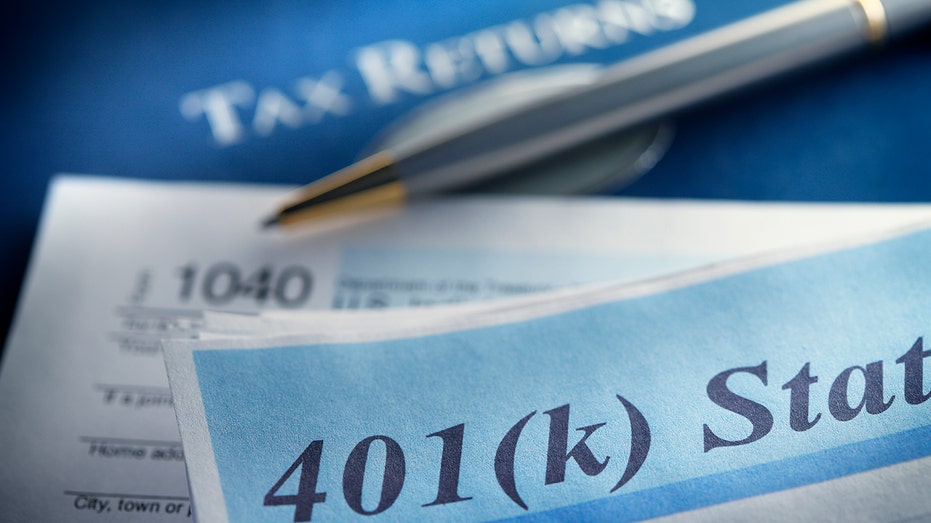How do your 401(k) contributions compare to the average?
Investing 13.5% of income for retirement is a pretty good amount, but not ideal
Contributing to a 401(k) is a smart way to save for retirement if you have access to this type of workplace plan. And you'll need to make sure you're investing enough for financial security as a senior.
If you're wondering how your contributions stack up to your peers, recent data from Fidelity provides some insight into this question.
What is the average employee contributing?
According to Fidelity, the average amount participants invested in a defined contribution (DC) account was $7,270 over the 12-month period ending Sept. 30, 2020. Many participating employees also received matching funds from their employers. In fact, the average employer contribution during the same period was $4,010. Altogether in 2020, employee and employer investments added up to a combined average total savings rate of 13.5% of income.
AMERICANS WERE GIVEN THE CORONAVIRUS OPTION TO RAID THEIR 401(K). MOST DIDN’T
Investing 13.5% of income for retirement is a pretty good amount, although ideally the combined contribution rate would be closer to 15% to 20%. Still, investing $7,270 each year over a 30-year career and earning an 8% return would leave you with a nest egg of almost $830,000, even before any matching funds were factored in. With an employee match, a combined $11,280 invested annually for 30 years would add up to a generous $1.28 million.

(iStock)
These are average rates, which may be driven up by those contributing a substantial percentage of pay or receiving large employer matches. And unfortunately, not everyone contributes anything at all. Fidelity's data shows only around 73.3% of workers offered the opportunity to put money into a DC plan choose to do so, meaning over a quarter of workers opted out. While it's possible some of them are saving for retirement in other accounts, such as an IRA, it's not likely as most people with workplace plans invest in them first due to the convenience and the possibility of matching contributions.
WANT TO RETIRE AT 62 WITH $2M? HERE'S HOW MUCH YOU'LL NEED TO SAVE EACH MONTH
The good news is, the percentage of eligible workers putting money in DC plans has been climbing steadily, and it's significantly higher than it was in 2009, when just 65.3% of eligible workers invested. Automatic enrollment is one of the leading reasons for this increase, since 90% of people who are signed up by default to put money into their accounts don't end up opting out.
What if you're contributing less than the average?
Your contributions don't necessarily need to meet these averages. Or in some cases, they may need to exceed them. The important thing is that you're contributing enough to hit your personal retirement savings goals, and that amount will depend upon how young you are when you start saving and how much you plan to spend as a senior.
That means you need to set your retirement savings goal to see if you're investing enough to meet it. If not, you'll need to find ways to bump up your retirement investments. You can do this in a few different ways. Obviously, getting started as soon as possible is best, to provide time for compound interest to help your money grow. Look carefully at your budget for cuts so you can contribute more.
GET FOX BUSINESS ON THE GO BY CLICKING HERE
As you get a raise, you can also increase your contributions. If you're currently investing 7% of your salary, for example, this would mean increasing contributions to 8% if you get a 1% raise. It may take some sacrifice to get your contributions up to the necessary level, but it's worth doing if you want to take the first key step toward a secure retirement.
The $17,166 Social Security bonus most retirees completely overlook
If you're like most Americans, you're a few years (or more) behind on your retirement savings. But a handful of little-known "Social Security secrets" could help ensure a boost in your retirement income. For example: one easy trick could pay you as much as $17,166 more... each year! Once you learn how to maximize your Social Security benefits, we think you could retire confidently with the peace of mind we're all after. Simply click here to discover how to learn more about these strategies.




















